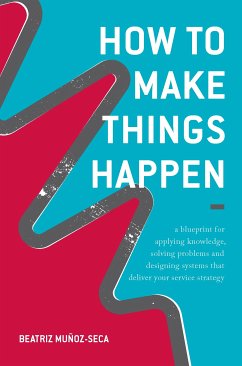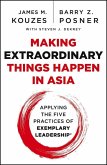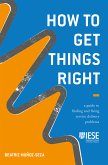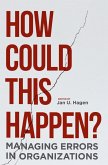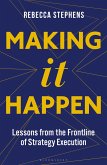Why do so many brilliant plans fail to deliver in practice? Why can't your employees just do what you want them to do? In most cases, because the operations eco-system in which those plans must be deployed fails to fully understand the problem that needs to be solved.
The fourth industrial revolution is seeing advances in Artificial Intelligence industrialize the service sector. But, despite the cost-cutting that these advances offer firms are still struggling to stay competitive. That is because they think that cost-cutting delivers increased efficiency whereas it is the other way around: increased efficiency cuts costs. And the heart of efficiency in delivering services is people andtheir knowledge.
As industrialization drives ever more standardized offerings and ever little human contact it is in those rare moments of human interaction where the greatest opportunity to add or destroy value lies. It is human brains and the knowledge they contain that are best suited to problem-solving and individualizing client solutions. The real competitive edge will become the ability to foresee and individualize problem-solving.
To do this, firms must start thinking of knowledge as inventory - who knows what, who needs to know what and where and when do they need to know it.
Dieser Download kann aus rechtlichen Gründen nur mit Rechnungsadresse in A, B, BG, CY, CZ, D, DK, EW, E, FIN, F, GR, HR, H, IRL, I, LT, L, LR, M, NL, PL, P, R, S, SLO, SK ausgeliefert werden.

